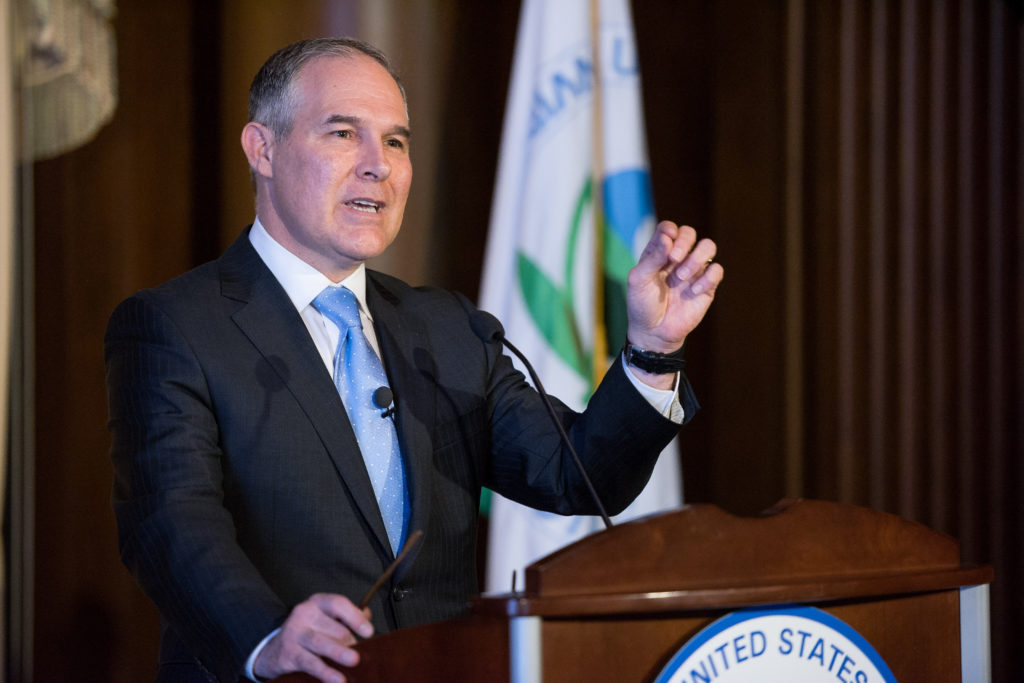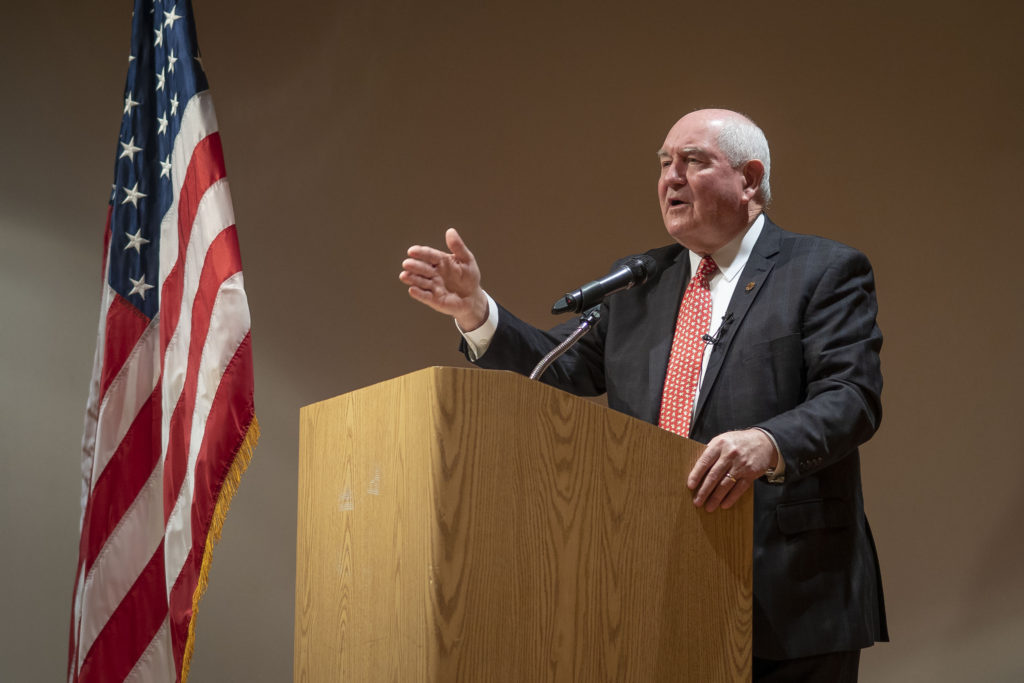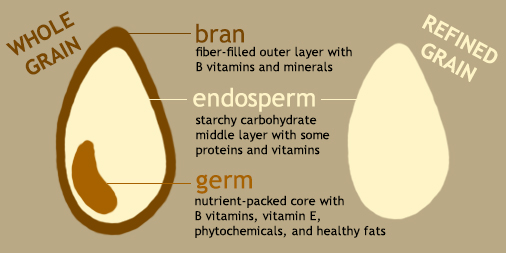Have you had the experience where dealing with a problem couldn’t just be one of a million things on your to-do list?
Perhaps it was a loved one getting seriously sick. Perhaps it was a crisis at work. Perhaps a rising river threatened to flood your community. You joined in with others building walls with sandbags for hours on end. You had to do something about it above all else. The rest of your normal routines had to fall away. Bills and sleep could wait.
When an issue is urgent, tangible and very specific, we respond to that issue with all that we have. We put everything else aside.
It’s much harder for us to respond that way when the causes of the challenge are broad and hard to see and when the impacts are incremental. This sums up the general human experience with things like national debt, education system dysfunction, cultural decline, and crumbling infrastructure.
This is even more true of problems for the rest of Creation. Our civilization dams up rivers, creates dead zones, depletes fisheries, degrades soils, and destroys and fragments habitat. Where God’s living things once lived there is only silence and stillness. If we’re aware at all, we may feel bad, but our lives carry us along.
Greta Thunberg, a 16-year old girl from Sweden, is challenging all of us in this regard. She is a rare person who won’t accept the collapse of the commons.
She has stopped going to school in order to protest at the Swedish Parliament and to bring attention to the dire threat that is global climate chaos. She is now speaking around the world. The world is paying close attention.
Like a prophet, Greta speaks powerfully and directly. Diagnosed with Aspergers, her intense focus and directness are sometimes disconcerting. She believes, in fact, that her Aspergers has driven her to become an activist. It has been a gift.
“The politics that’s needed to prevent the climate catastrophe—it doesn’t exist today,” said Greta in a New Yorker article about her. “We need to change the system, as if we were in crisis, as if there were a war going on.”
You should watch her speech to the United Nations. Her example is prompting other students around the world to start school strikes and protests as well.
So where are the Christian Greta Thunbergs?
Climate change chaos is causing tremendous disruption and harm for people around the globe, especially the poor. Farmers around the world are becoming increasingly desperate. It is also accelerating the extinction crisis to a new level.
Greta learned of all this and couldn’t believe people weren’t in crisis mode and acting at all levels of life. She stopped speaking. Eventually, she began a new path of life.
How do we as Christians not raise the alarm and jettison our normal routines as well?
Why aren’t there new Christian prophets completely devoted to urging commitment to God that will translate into better ways of living at the individual level and at the community and national level? What is wrong with Christian culture that many Christians don’t care or worse? Are we not paying attention? Or have our hearts not been changed by our faith? Can we love God and love our neighbor and yet pretend all of this is not happening?
Three things come to mind as I consider those questions.
First, my impression is that Christians don’t have a good track record of taking care of God’s earth. We have tended to go along with the dominant culture in which we find ourselves. If Christian Greta Thunbergs emerged and Christians responded to them, it would be the first time in history Christians stepped forward as a whole body of Christ based on the conviction that God’s earth mattered.
Why is this? I’m going to be writing occasional blogs as a way to dive further into this topic. There are, I believe, multiple reasons.
Second, two verses from the Bible come to mind. In Luke 14:5 we read this: “Then he asked them, “If one of you has a child or an ox that falls into a well on the Sabbath day, will you not immediately pull it out?””
Being deeply devoted to keeping the Sabbath was one of the central features of the Jewish faith-culture. Jesus was making clear that nothing should stand in the way of compassion for people and non-human life we have responsibility for. Ignoring the cries of one’s child and the moaning of an ox while going to worship God would be completely contrary to who God is. It would also be an indication that the state of our heart is rotten. Following the routine, even the routine of holy worship, would be wrong.
Consider, too, Proverbs 21:3: “To do what is right and just is more acceptable to the LORD than sacrifice.”
Today, through communications, we better understand what is happening around the world then ever before. Our economies are more interdependent than ever before. In some ways, due to the development of technology, the condition of the earth is collectively ours more than ever before. The systems we are part of shape and reshape other places around the world. So when we hear of pain and destruction to people and life beyond our family, I would suggest the core principles at hand are the same as what Jesus asked in Luke and what we read in Proverbs.
Third, I can’t help noticing that, despite my convictions, I’ve largely gone along with my normal routine.
If I’m aware of all of these issues and have these convictions, why haven’t I done more of what Greta Thunberg has done?
The excuses and rationalizations have loud voices in my head. I have a family. My parents are failing. Someone else will surely do something. This is when I realize I sound alot like the people in the Gospels who wouldn’t follow Jesus because they had obligations to life as usual.
The whole Chrisitan faith-life includes putting your faith into action and your life on the line in pursuit of what God desires.
So do I really believe? Am I really committed to following Jesus? What would I do if I was?
And why do I feel alone struggling with these questions?







